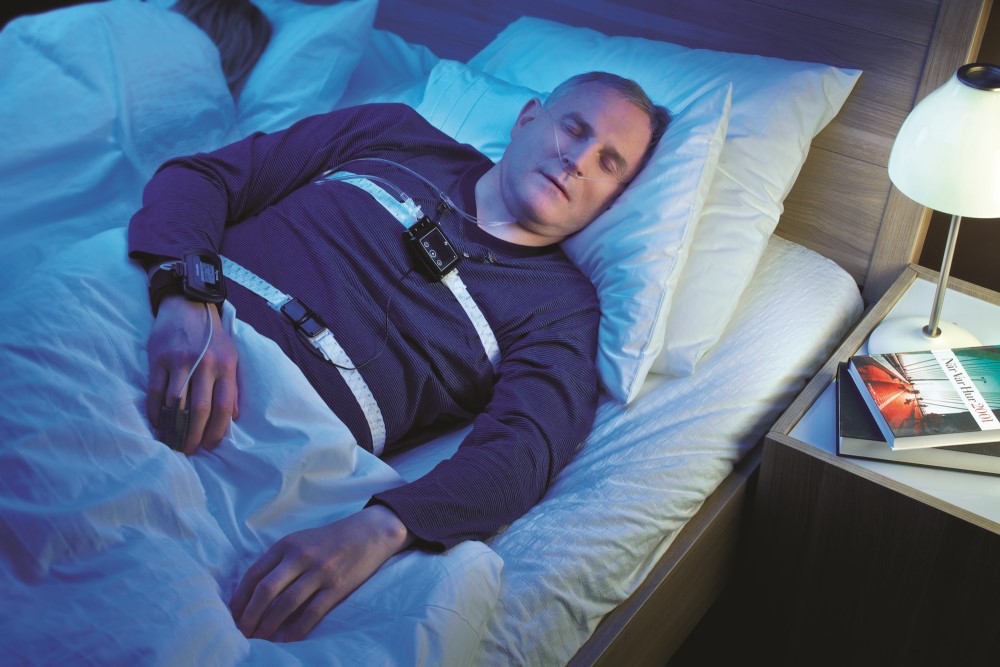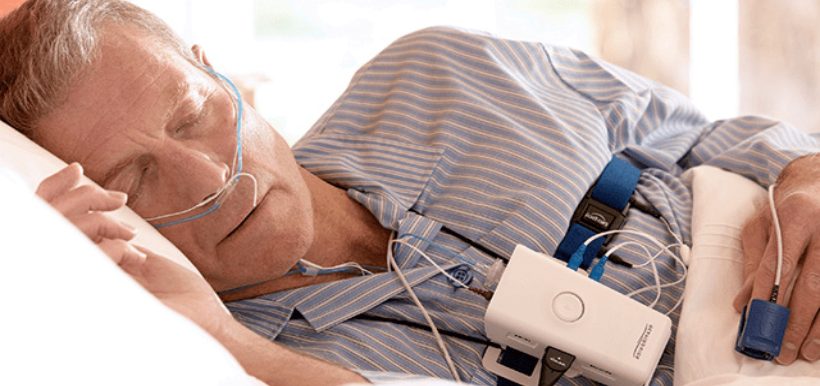

- SHOULD I HAVE A SLEEP STUDY DONE HOW TO
- SHOULD I HAVE A SLEEP STUDY DONE FULL
- SHOULD I HAVE A SLEEP STUDY DONE SERIES
There are cameras in the room, but we pretty much do our own thing while you are sleeping and rarely look at them. Don't be concerned about someone watching you. I did sleep research for a few years, and did several overnight studies on patients. Will also delete on comment score of -1 or less. Parent commenter can toggle NSFW or delete. Interesting: List of people with narcolepsy | Pandemrix | Cataplexy affecting roughly 70% of people who have narcolepsy.
SHOULD I HAVE A SLEEP STUDY DONE FULL
Another common symptom of narcolepsy is cataplexy, a sudden and transient episode of muscle weakness accompanied by full conscious awareness, typically (though not necessarily) triggered by emotions such as laughing, crying, terror, etc. Narcoleptics generally experience the REM stage of sleep within 5 minutes of falling asleep, while non-narcoleptics do not experience REM in the first hour or so of a sleep cycle until after a period of slow-wave sleep unless they are significantly sleep deprived. People with narcolepsy experience frequent excessive daytime sleepiness, comparable to how non-narcoleptics feel after 24 to 48 hours of sleep deprivation, as well as disturbed nocturnal sleep which often is confused with insomnia. Narcolepsy /ˈnɑrkəˌlɛpsi/, also known as hypnolepsy, is a chronic neurological disorder caused by autoimmune destruction of hypocretin-producing neurons inhibiting the brain's ability to regulate sleep-wake cycles normally. Zyrem and Modafinal may work for one person but not the next. There are many medications out there to treat it but you have to find what works for you. You need to be under the care of a sleep specialist if you have it. Eliminating these through medication sometimes helps but often doesn't. There are frequent arousals and periods of wakefulness during the night. One of the symptoms often overlooked in narcolepsy is they often don't sleep well. I'm guessing your doctor meant you had disrupted nighttime sleep.
SHOULD I HAVE A SLEEP STUDY DONE SERIES
You say you had a sleep study, did you also have the next day test the MSLT ( series of 4-5 naps about every 2 hours). Prior to your appointment, if you have any specific questions about your study, including what to bring, what not to bring, or if you require special accommodations, contact the RUMC Sleep Disorder Institute at (718)-818-7667.Was this from your regular doctor or a sleep specialist? While you sleep, your sleep patterns and movements will be videotaped and monitored to help determine a diagnosis. You will then have time to relax and wind down before lights out and the study can begin. This will include the placement of small electrodes on your scalp and other parts of your body. Your technician will meet with you shortly after you arrive to answer any questions you may have and to set up the equipment for your study. Please call 71 in advance to ensure your comfort item will not interfere with the study.Īfter you arrive at the Sleep Disorder Center, you will be shown you to your room and given a chance to get settled.
SHOULD I HAVE A SLEEP STUDY DONE HOW TO
If you have questions or are unsure of how to answer, our staff will assist you when you arrive.

Please completes these prior to your arrival. Paperwork and forms related to your study.While at the institute, you will have access to a full bathroom and shower. Be sure to bring enough supplies to last through the duration of your appointment.
Most sleep studies last about 10 hours, but the length of time may vary. If you have a sleep study scheduled at the RUMC Sleep Disorders Institute, there are several things you will need to bring with you.


 0 kommentar(er)
0 kommentar(er)
